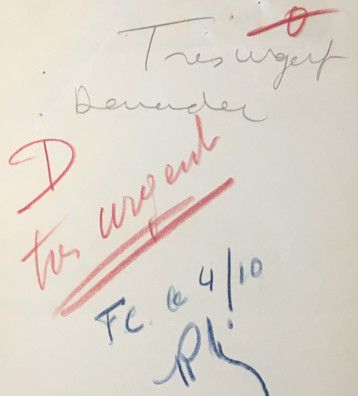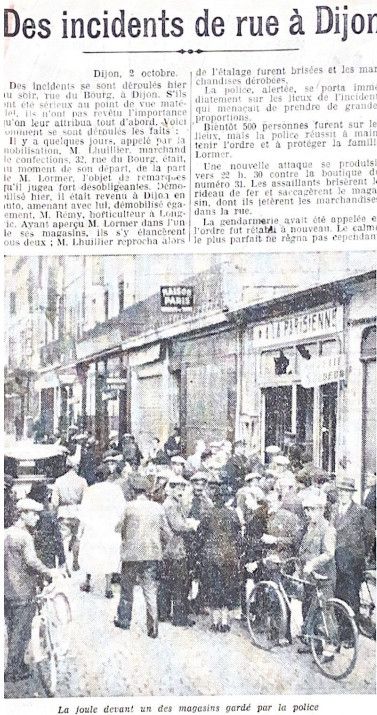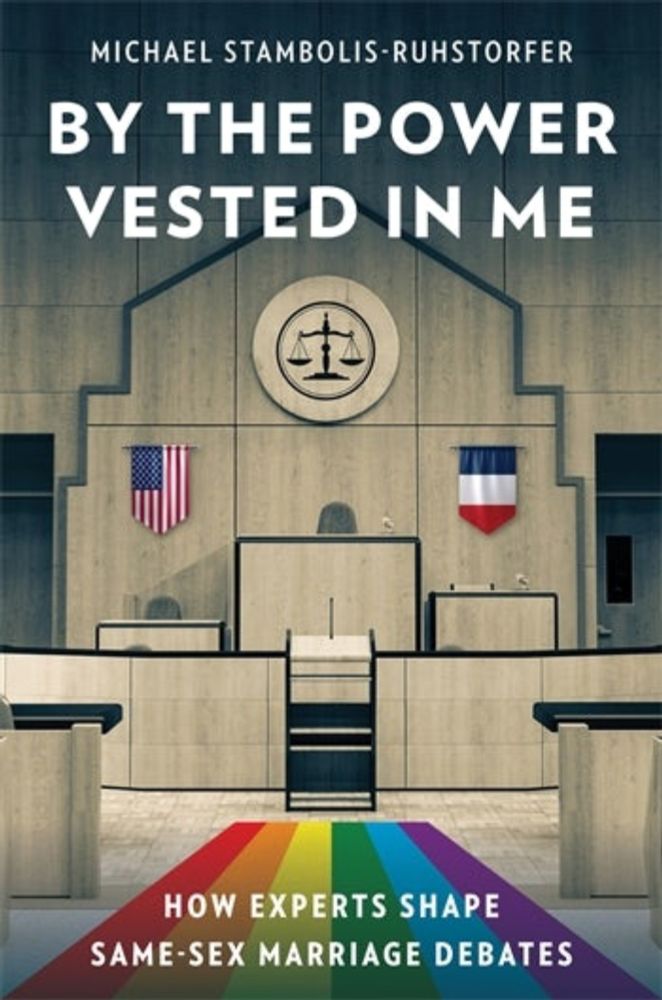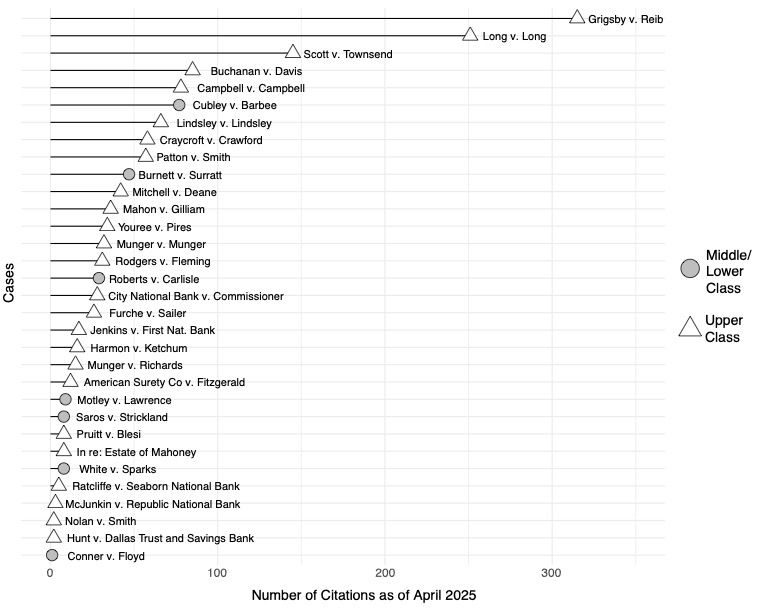Posts
Media
Videos
Starter Packs
Pinned
Reposted by Yacine C.
Reposted by Yacine C.
Reposted by Yacine C.
Le Monde
@lemonde.fr
· 6d

Pour ses 50 ans, la revue « Actes », créée par Pierre Bourdieu, raconte sa propre histoire
Par le choix de ses sujets, de ses auteurs et de sa direction artistique, la revue fondée en 1975 est parvenue à s’imposer jusqu’à « faire institution contre l’institution ».
www.lemonde.fr
Reposted by Yacine C.
Reposted by Yacine C.
Reposted by Yacine C.
Reposted by Yacine C.
Reposted by Yacine C.
Reposted by Yacine C.
Reposted by Yacine C.
Libération
@liberation.fr
· Aug 27

Traitement anti-VIH Yeytuo : «Le chemin est encore long avant que ce produit soit réellement disponible en France»
Après que la Commission européenne a donné son feu vert au traitement du laboratoire américain Gilead, Fabrice Pilorgé, directeur du plaidoyer d’Aides, redoute des négociations difficiles sur le prix.
www.liberation.fr
Reposted by Yacine C.
FRANCE 24
@france24.com
· Aug 11

Nvidia et AMD verseront à Washington 15% de leurs revenus sur la vente de puces IA à la Chine
Les géants américains des semi-conducteurs Nvidia et Advanced Micro Devices ont accepté de verser au gouvernement américain 15% de leurs revenus provenant de la vente de puces IA à la Chine, selon des informations parues dimanche dans les médias.
f24.my
Reposted by Yacine C.
Yacine C.
@sissinouc.bsky.social
· Jul 31
Yacine C.
@sissinouc.bsky.social
· Jul 31
Yacine C.
@sissinouc.bsky.social
· Jul 31
Reposted by Yacine C.
Reposted by Yacine C.
Shay O’Brien
@shayobrien.bsky.social
· Jul 23
Reposted by Yacine C.


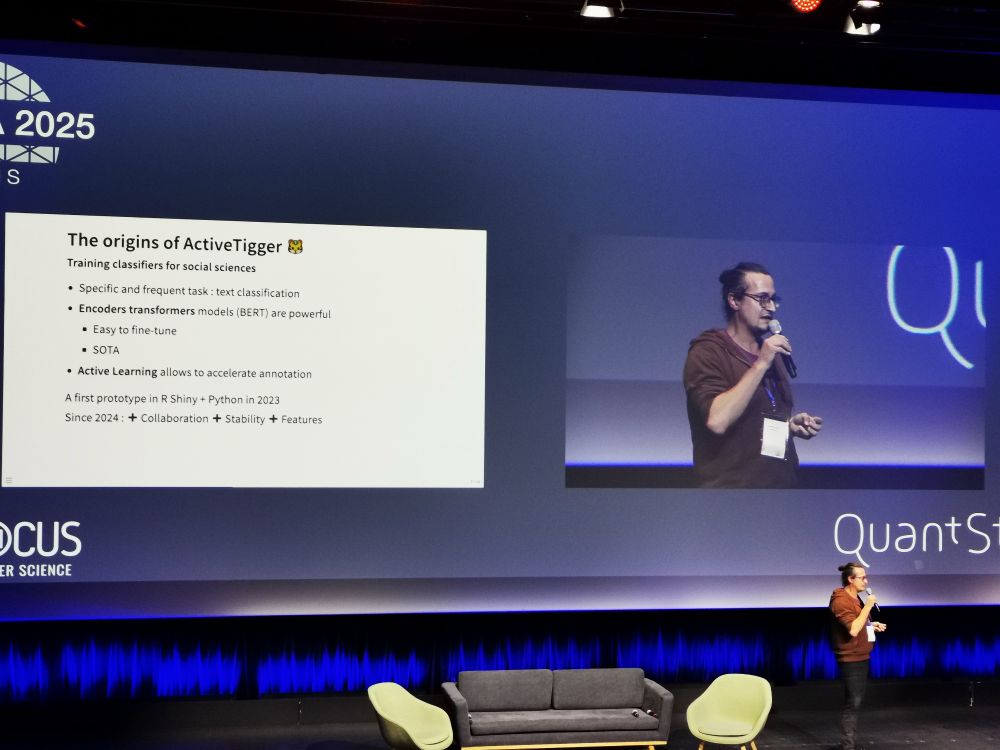
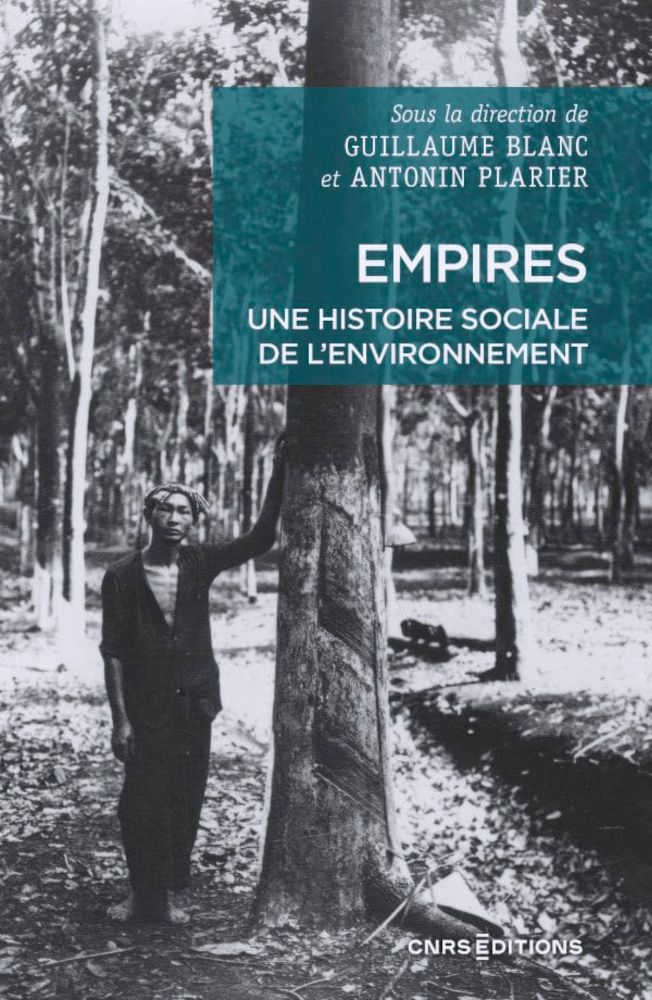








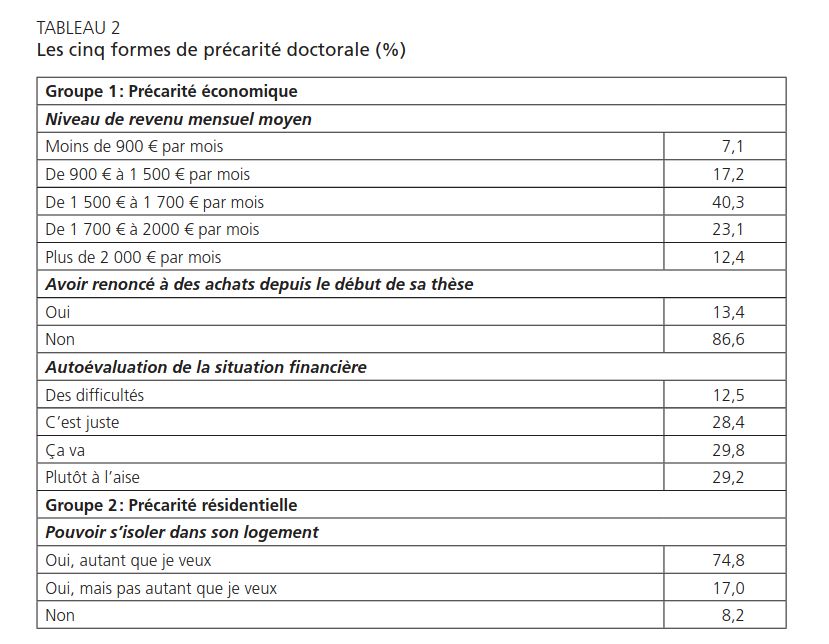
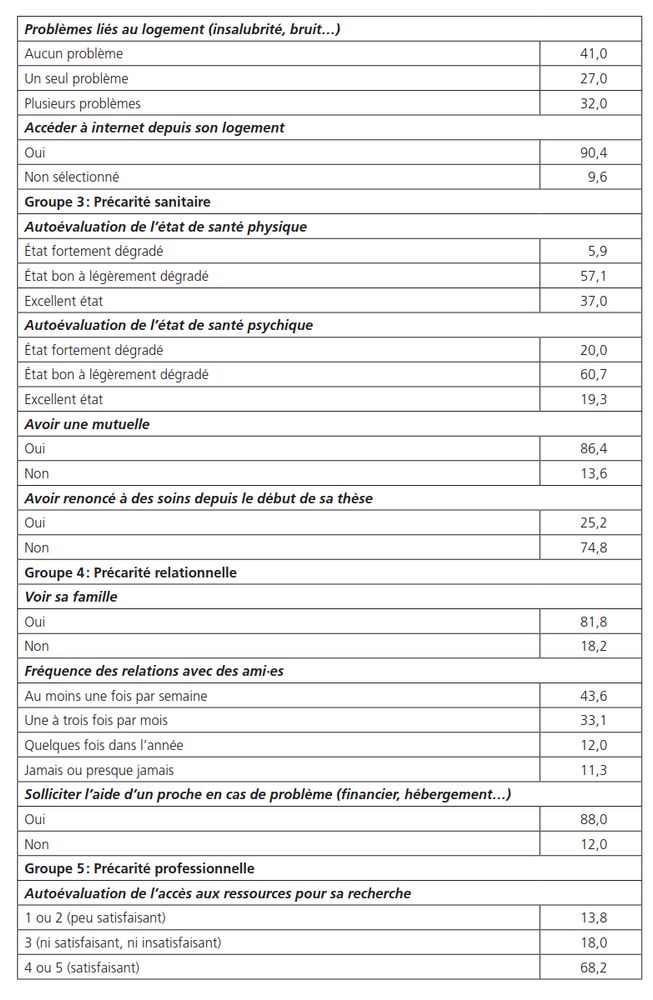

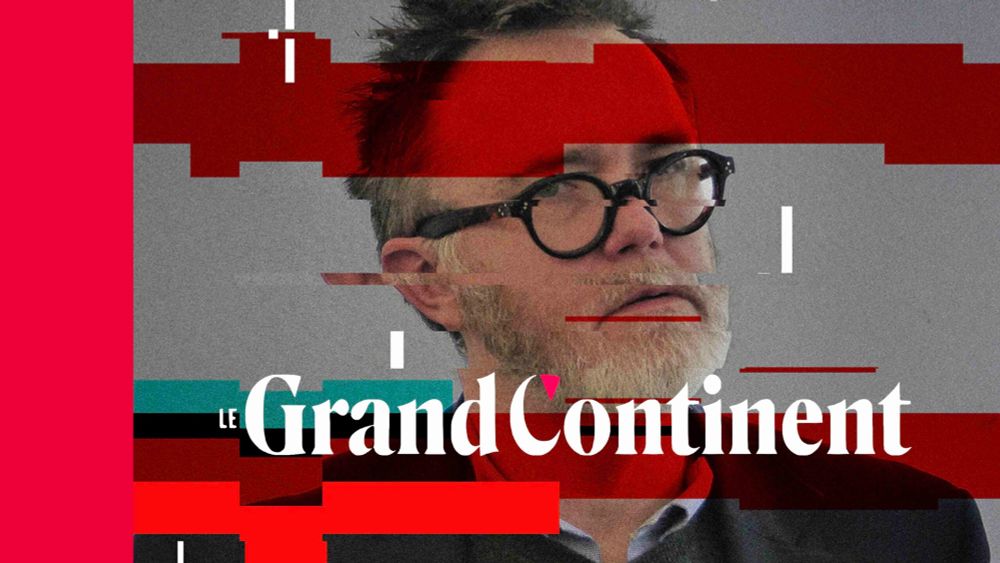
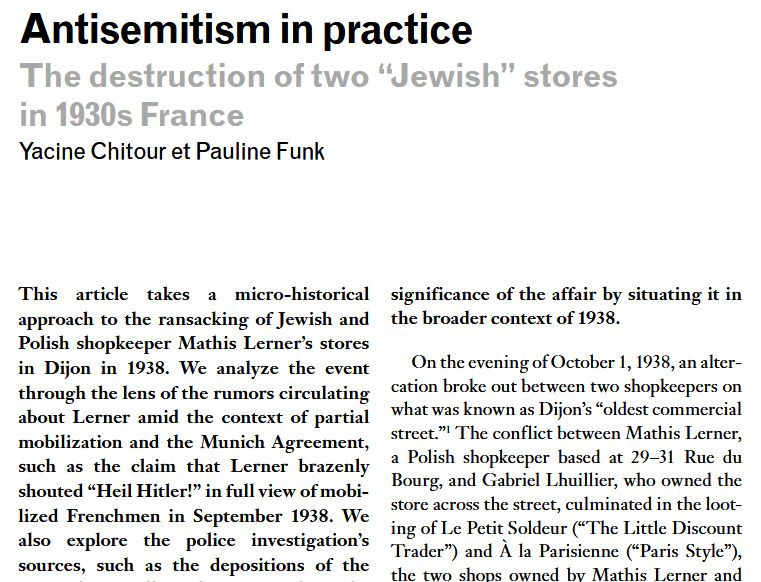
![Letter from the Prefect of Côte-d'Or to the Minister of the Interior, October 2, 1938. Handwritten note: "October 3, 1938. Mr. Combes: draft the proposal [to expel the Lerners] today. To make the example effective, we must act quickly." Moscow Collection (National Security Service).](https://cdn.bsky.app/img/feed_thumbnail/plain/did:plc:hjqquffpoagua72o6ko2yhji/bafkreiaxpzriofs23727n5im3oih5xbazuhdn2oobf2e62qcsdfa45v55a@jpeg)
